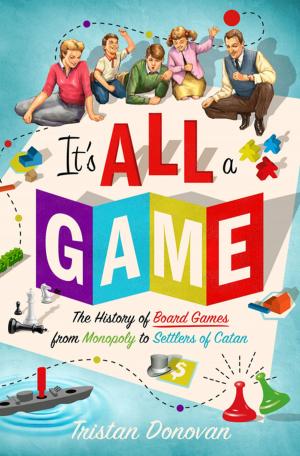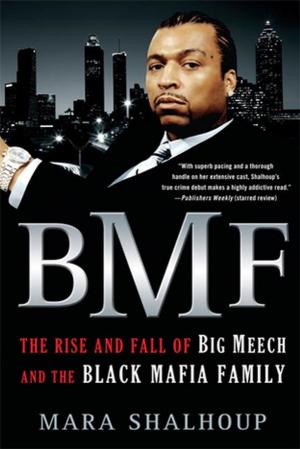| Author: | Marvin W. Hunt | ISBN: | 9780230611375 |
| Publisher: | St. Martin's Press | Publication: | December 10, 2007 |
| Imprint: | St. Martin's Press | Language: | English |
| Author: | Marvin W. Hunt |
| ISBN: | 9780230611375 |
| Publisher: | St. Martin's Press |
| Publication: | December 10, 2007 |
| Imprint: | St. Martin's Press |
| Language: | English |
A mysterious, melancholic, brooding Hamlet has gripped and fascinated four hundred years' of readers, trying to "find" and know him as he searches for and avenges his father's name. Setting itself apart from the usual discussions about Hamlet, Hunt here demonstrates that Hamlet is much more than we take him to be. Much more than the sum of his parts--more than just tragic, sexy youth and more than just vain cruelty--Hamlet is a reflection of our own aspirations and neuroses. Looking for Hamlet investigates our many searches for Hamlet, from their origins in Danish mythology through the complex problems of early printed texts, through the centuries of shifting interpretations of the young prince to our own time when Hamlet is more compelling and perplexing than ever before. Hunt presents Hamlet as a sort of missing person, the idealized being inside oneself. This search for the missing Hamlet, Hunt argues, reveals a present absence readers pursue as a means of finding and identifying ourselves.
A mysterious, melancholic, brooding Hamlet has gripped and fascinated four hundred years' of readers, trying to "find" and know him as he searches for and avenges his father's name. Setting itself apart from the usual discussions about Hamlet, Hunt here demonstrates that Hamlet is much more than we take him to be. Much more than the sum of his parts--more than just tragic, sexy youth and more than just vain cruelty--Hamlet is a reflection of our own aspirations and neuroses. Looking for Hamlet investigates our many searches for Hamlet, from their origins in Danish mythology through the complex problems of early printed texts, through the centuries of shifting interpretations of the young prince to our own time when Hamlet is more compelling and perplexing than ever before. Hunt presents Hamlet as a sort of missing person, the idealized being inside oneself. This search for the missing Hamlet, Hunt argues, reveals a present absence readers pursue as a means of finding and identifying ourselves.















